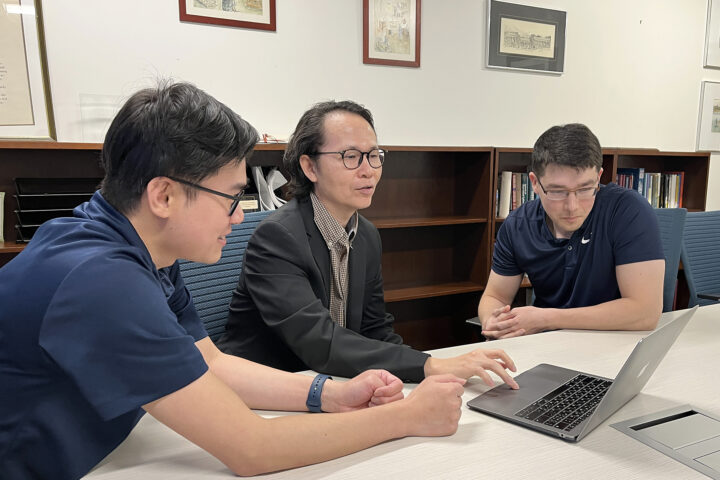Maksat Jumamyradov, PhD

Novel Methods to Overcome Underrepresentation in Preference-Based Value Assessment
Summary
Neglecting to capture the preferences of underrepresented or small populations in health care value assessment research can lead to a mismatch between available treatments and what patients truly want. A key methodological challenge is how to elicit more preference evidence with fewer respondents. This project aims to elicit the preferences of underrepresented populations for type 2 diabetes mellitus (T2DM) treatments by using two novel survey methods that are well-suited for small samples: kaizen tasks and multidimensional thresholding. The kaizen tasks method presents a hypothetical T2DM treatment option with different attributes (e.g., side effects, dosing frequency) and asks patients which attributes they would want to improve first, second, third, etc. The multidimensional thresholding method asks patients to rank the largest possible improvement in all attributes by their importance and then has them answer a series of questions to elicit acceptable tradeoffs among different attributes. These methods aim to gather more detailed preference information per respondent, allowing for more effective and efficient inclusion of underrepresented populations in preference-based value assessment.

PhF awardees (from left) Tim Lai, Surachat Ngorsuraches, and Maksat Jumamyradov of Auburn University
I am grateful to the PhRMA Foundation for recognizing my work and enabling me to pursue my passion for patient health preference research. I am hopeful that my independent research will make a meaningful contribution to advancing preference-based value assessment.